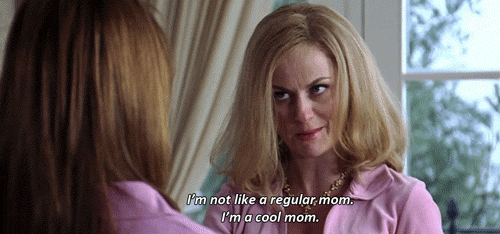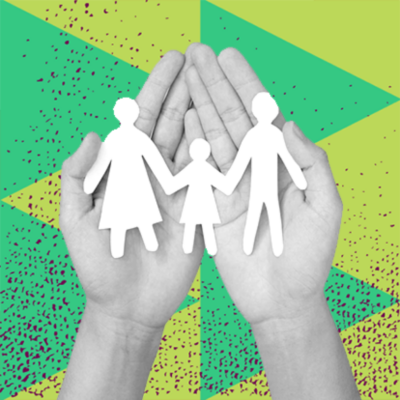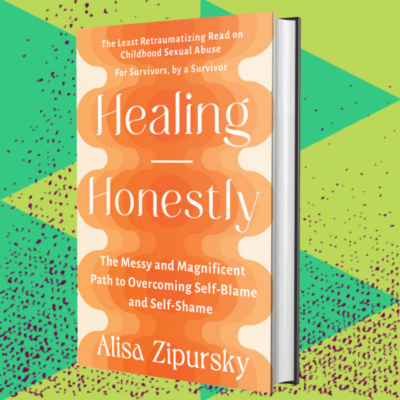This story does not include descriptions of abuse, but mentions CSA
For a long time I’ve wanted to interview my mom to offer advice to other parental figures who are struggling to navigate supporting their child survivor. She and I have been through it together and have worked really hard, especially the last six years, to strengthen our relationship and be honest with each other and ourselves about the long-term impacts of my trauma in our relationship. It hasn’t always been cute.
I know many of you may have questions about how my mom navigated the really hard years of our relationship and I promise there will be lots more about that in the upcoming Healing Honestly book coming out in 2023! But in the meantime, I wanted to offer my mom’s advice for other parental figures, as you perhaps are maybe the parental figure of a survivor, or you are a survivor who has a parental figure who is interested in learning how better to support you and hopefully my mom’s words can offer some valuable insights.
It is important to note that it is extremely common that our parents are unable to fully support us in our survivorship. Their inability to show up for us in the way we need have nothing to do with us, and everything to do with their own issues around guilt, responsibility and shame. If you’re reading this list thinking, “My parents could never be there for me like this,” then I want you to know that has nothing to do with you, and everything to do with them! It is so natural and vaild for you to wish for their support, and it is so painful to not have it. But it is never a reflection on you, just on them. The validity of your survivorship is never determined by how well our families are able to show up for us; your pain is real and it matters, no matter what.

With all that said, here is my mom, Diane’s, top advice for other parental figures of survivors:
Just listen:
My first piece of advice is to listen to your child without getting defensive, remembering to center the survivor and not yourself. It can be difficult, but I try to listen without trying to make it better or fix my child. I cannot change what has happened, but by listening I can understand the impact that the trauma has on Alisa’s life, and start to find the ways I can best offer her support.
Get outside support for yourself:
The feelings of guilt of not having been able to protect your child and the guilt of not having recognized what was happening to your child can be paralyzing. Those feelings are valid, and parents need space and resources to process them, as processing the guilt with the survivor is not appropriate. I received a lot of support from my therapist. I also found sharing with trusted friends and family was important to help reduce the stigma. There is always a risk in sharing with people that they may disappoint you and not respond compassionately, but if they do respond poorly it isn’t because of you, it is the stigma of CSA that makes it difficult for people talk about it.
Remember this happens everywhere in every community:
Across all cultures, socio-economic categories, races, religions and genders, CSA is a problem prevalent in every community. You are not alone in this ever, even if other people aren’t openly discussing the way CSA is impacting their families. I’ve learned not to be embarrassed by what happened in our family. I can best support Alisa by talking about this as often as I feel comfortable [Alisa’s note: remember, my mother is saying this because I am public about it and she has my consent to speak openly about what happened to me], because only by talking about it, can we reduce the stigma and address the problem.
I was able to capture this live footage in the gif below of my mother typing out her words of advice on my computer:


